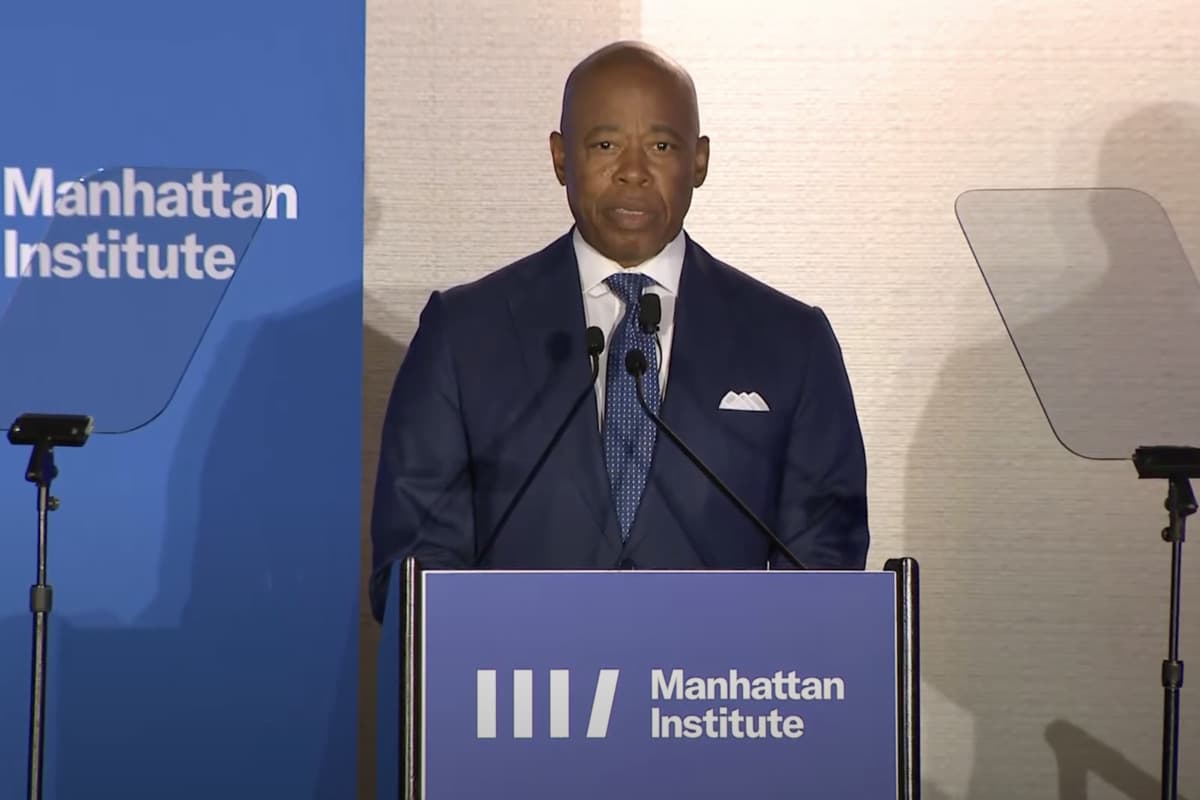Mayor Adams Proposes Involuntary Drug Treatment, Aligning New York with 37 States

New York City Mayor Eric Adams has announced a new legislative initiative, the "Compassionate Interventions Act," aimed at allowing involuntary treatment for individuals with severe drug addictions. The proposal seeks to empower medical professionals and judges to mandate treatment for those deemed a danger to themselves or others due to substance use disorder, bringing New York in line with 37 other states that already have similar provisions. The mayor unveiled the plan as part of his broader "End the Culture of Anything Goes" campaign, targeting public disorder.
The proposed state law, slated for introduction in the 2026 legislative session, would grant clinicians the authority to transport individuals struggling with addiction to hospitals for evaluation. If voluntary treatment is refused, court approval could then be sought to mandate care. This initiative builds upon recent changes in state law, successfully advocated by Adams and Governor Kathy Hochul, that expanded criteria for involuntary mental health treatment.
Critics, including civil liberties and harm reduction advocates, have voiced strong opposition to the plan. Jasmine Budnella, director of drug policy at Vocal-NY, described the involuntary removal and mandated treatment aspects as "horrific," while Donna Lieberman of the New York Civil Liberties Union warned that forced treatment could increase the risk of fatal overdoses and raise serious civil liberties concerns. Opponents argue that voluntary treatment generally leads to better outcomes.
Despite the criticisms, supporters, including Charles Fain Lehman, a fellow at the Manhattan Institute, argue that involuntary treatment is a necessary tool to address the city's pervasive public drug use problem. In a recent tweet, Lehman stated, "> Eric Adams wants New York to join 36 other states and DC in allowing compelled treatment for people with severe drug addictions. He's got the right idea." He contends that such measures are vital for cleaning up public spaces and providing help to those unable to seek it voluntarily.
Alongside the legislative push, Mayor Adams also announced a $27 million investment into expanding substance use treatment programs. This funding will support initiatives like the "Track to Treatment" pilot, which uses contingency management to incentivize patient engagement, and will boost outreach efforts. Business improvement districts have expressed support, noting the challenges posed by public drug use to communities and commerce.
The proposal faces a potentially challenging path through the State Legislature, where "harm reduction" advocates are expected to resist. The debate highlights a fundamental disagreement between those prioritizing individual autonomy and those advocating for more aggressive interventions to address public health and safety concerns related to addiction.